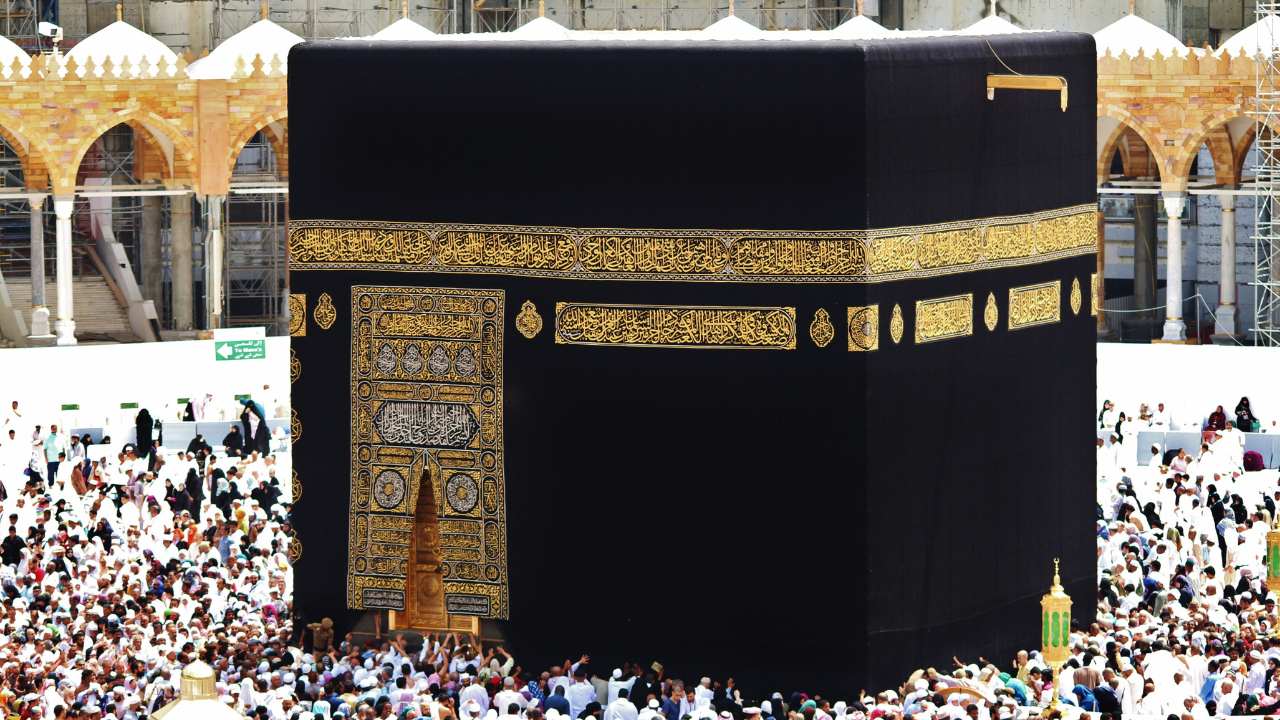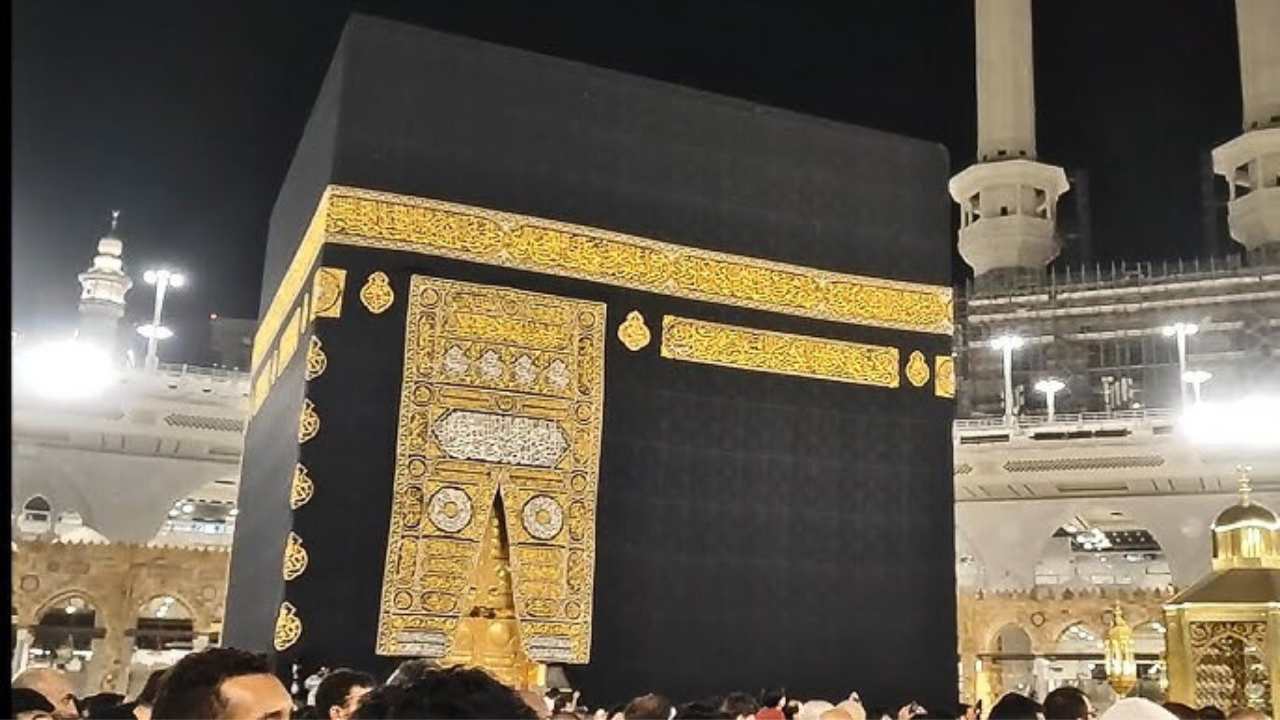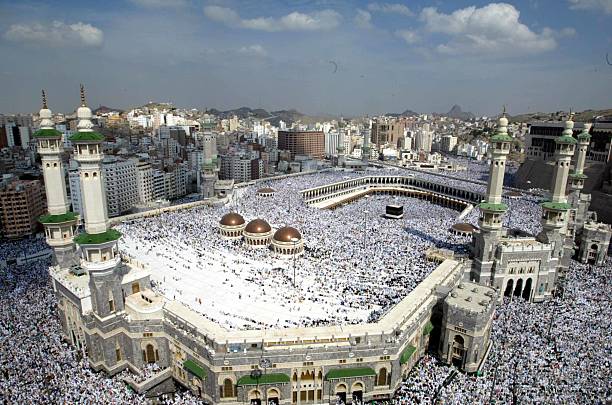Short term Hajj facility refers to the minimum duration of hajj in which pilgrims perform all obligated rituals in a short time compared to the traditional 32-42 days package. This facility covers all essential logistics such as accommodation, supporting services, and all other needed resources to transform the hajj into a comfortable experience. The short-term hajj packages are catered to those who have limited time due to their professional commitments. This option allows one to perform religious duties with ease and assists in focusing on spiritual experiences without worrying about time or logistics.
This minimum duration is also beneficial for operational efficiency because a massive number of pilgrims can be managed in limited days, and incidents of overcrowding become minimal.
Authorities can manage medical care, emergency support, and other pilgrimage arrangements without overwhelming, ensuring safety and security for all. The short-term facility aims to provide accommodations near the holy sites and organize logistics support without creating complications. It helps to enhance convenience and efficiency while managing support with special needs.
Detailed Overview of the Facility
History and Development: The short-term hajj facility is the result of a rapidly growing number of pilgrims, and this needs to be improved in historical times. However, after the 1950s, pilgrims grew massively, and Hajj authorities found the bottlenecks in logistical infrastructure. As a result, they developed a short-term hajj facility to offer an organized, secure, and seamless solution for overcrowded pilgrims during hajj month. After this addition, pilgrims reduced their reliance on tents, makeshift accommodations and underdeveloped transportation.
Location and Capacity: The short-term facilities are developed near key hajj sites, such as Muzdalifah, Mecca, Mina, and Arafat. The government strategically arranges all facilities to offer more convenient and quick access to holy sites, securing navigation and enhancing the spiritual experience. These facilities can accommodate thousands of pilgrims, and their overall capacity is arranged according to expected hajj pilgrims.
Eligibility and Application Process
Eligibility Criteria: Pilgrims must comply with health, age, and other required criteria to apply for the short-term facility successfully. They must be able to walk long distances or stand for the extended duration necessary to perform the pilgrimage rites and help to adapt to extreme weather conditions. There are no age restrictions to apply, but older pilgrims above 60 can undergo strict health screening.
Application Process: Pilgrims must contact a trusted travel agency or fill out the registration form at the official Hajj portal managed by the Saudi Hajj ministry. A medical clearance certificate is essential when applying for a short-term facility. The third step is payment and receiving a confirmation letter that describes the accommodation and other travel details under the short-term facility management.
Selection Process: Most facilities operate on a first-come, first-served rule, and applicants who apply early can get more secured reservations. In the most demanding situations, some countries select applications through a lottery system to randomly choose applicants. First-time applicants are preferable, and health and age considerations also demand physically fit young pilgrims.
Services and Amenities
Accommodation: The short-term facilities offer accommodation in hotel rooms, tents, and apartments, according to demand and available resources during the Hajj days. All lodging options are air-conditioned with free WiFi and provide all basic amenities to offer a comfortable and smooth living experience. The accommodations are supervised by advanced CCTV cameras, and security teams offer 24/7 safe living for pilgrims' safety.
Transportation: All short-term facilities are established near transport links offering shuttle buses, private vehicles, and public trains for hassle-free and smooth navigation between major pilgrimage sites. These transportation resources navigate through specially designed routes that prevent crowd congestion. All routes are selected by Saudi authorities and provide safe movement for pilgrims.
Meals and Nutrition: Meal options are decided according to the applicant's selected package; however, pilgrims can facilitate their stay by picking a three-time meal offer. All serving dishes are prepared using halal ingredients and according to Islamic dietary laws. The short-term facilities strictly follow hygienic standards so pilgrims can enjoy their dietary options without illnesses.
Communication: In some packages, short-term facilities offer SIM cards upon arrival, including specific internet data and free international minutes to contact family. Local minutes are also available to coordinate with hajj guides. Pilgrims living in short-term facilities can access free WiFi and public Internet access points to ensure a safe and reliable stay. Religious advisors and local guides in short-term facilities maximize the spiritual experience by guiding in hajj rituals.
Health and Medical Support
Pre-Hajj Health Check-ups: Before travelling, all pilgrims should pass general medical screening to ensure that they are free from viral infections and seasonal allergens. For short-term facilities, pilgrims must be vaccinated against influenza, COVID-19, and meningitis; a thorough medical check-up is also beneficial for additional safety.
On-Site Medical Facilities: The temporarily established logistics for pilgrims offer mobile health clinics or on-site medical centres for immediate assistance. They provide dedicated support for minor cuts to severe medical conditions. Emergency services are available 24/7 at these centres, and ambulance services are also accessible for hospital visits.
Medical Staff: General practitioners, specialist doctors, and qualified nurses serve pilgrims at on-site clinics. All staff is trained and available 24/7 at on-site centres to handle health emergencies. They provide the best advice for seasonal health issues and adjust medication for long-term chronic problems Preventive Health Measures: Pilgrims can adopt safety precautions to ensure their health is consistent during the Hajj experience. For example, they must take breaks during long walking distances and drink ample water to prevent dehydration. They should also use umbrellas and sunscreen to stay safe in extreme day heat.
Special Needs and Accessibility
Support for Elderly and Disabled Pilgrims: Hajj rituals demand long walks and standing activities that can be challenging and exhausting for elderly and disabled pilgrims. Therefore, short-term facilities ensure that navigating areas have wheelchair access, and prayer areas also have seating arrangements. Golf carts and shuttle buses are also available for pilgrims with limited mobility. These transportation have low floors and secured wheelchair seating for disabled persons.
Assistance for Pregnant Women: The facility offers designated rest areas for pregnant women who need frequent rest during religious rites. They can also get quick access to parental care for regular checkups to prevent fatigue complications, and gynaecologist services are also available for emergency guidance.
Mental Health Support: Counseling services in short-term facilities are established to offer mental health for pilgrims, guiding them to overcome the anxiety and stress about the pilgrimage experience. Support groups allow individuals to share their concerns in a positive environment. Professionals provide time management techniques and methods to deal with crowds.
Collaboration and Coordination
Local Health Authorities: The Saudi Ministry of Health cooperatively helps the short-term facility ensure smooth access to all health protocols and fulfils the demand for medical supplies, health screening, and vaccinations. Local clinics, hospitals, and emergency teams provide emergency medical transport and specialised staff to serve pilgrims.
Communication Channels: Short-term facilities guide pilgrims about contacting emergency services during unexpected situations and provide all assisting contact numbers to communicate for help. All national health hotlines are provided to pilgrims, ready to serve them around the clock. Information desks and help centres deliver all necessary health information and alert pilgrims for expected emergencies.
Incident Reporting: Pilgrims are encouraged to report health incident forms, including information regarding illness type, kind of response, and first aid. The facility staff actively monitors the pilgrims' safety, quickly reports medical emergencies to paramedical staff, and arranges transport in case of a hospital visit. The facility staff has incident logs to document and address health and safety issues such as lost and found, falls, or health emergencies. The staff promptly reports the problem to relevant stakeholders for a quick solution.
Final Analysis
The short-term facility committed to providing excellent support for pilgrims, and the local authorities consistently fulfilled their commitment by ensuring pilgrims' safety, security, and well-being. The organised and well-managed arrangements for accommodation, transportation, and healthcare facilities provide a smooth spiritual experience without worrying about logistics. strong coordination with local health authorities promising to deliver professional and high-standard medical facilities. Read More about Health Facilites for Hajj





